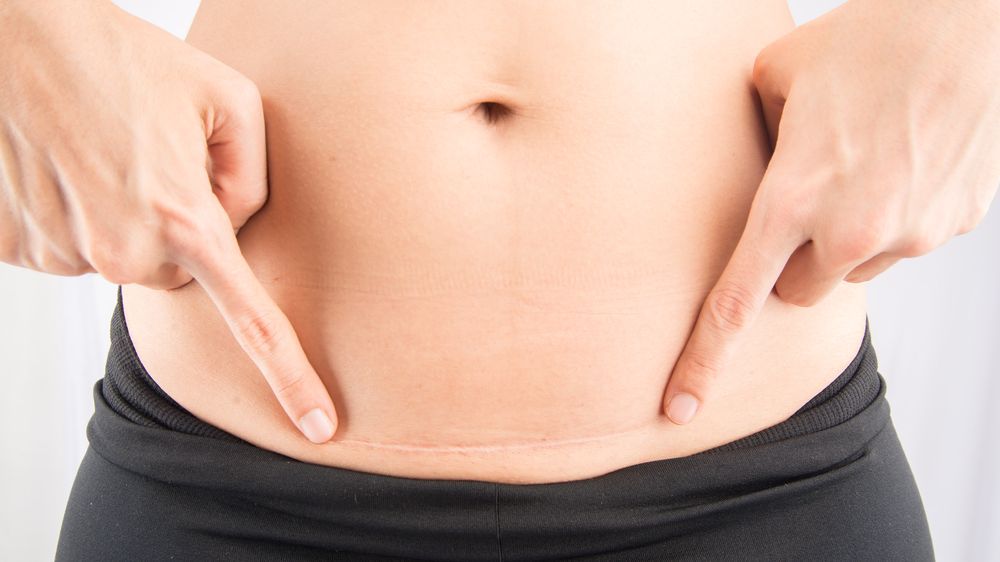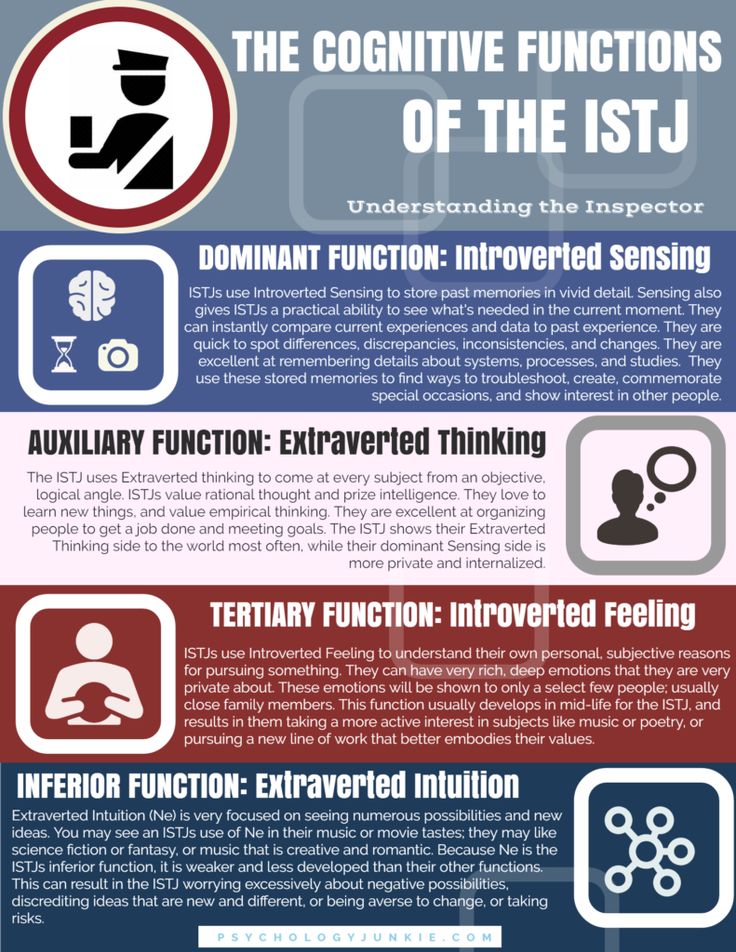Safe way to sleep while pregnant
Best Sleeping Positions While Pregnant
The best sleep position during pregnancy is “SOS” (sleep on side) because it provides the best circulation for you and your baby. It also places the least pressure on your veins and internal organs. Sleeping on your left side will increase the amount of blood and nutrients that reach the placenta and your baby. Plus good circulation helps reduce potential swelling, varicose veins in your legs and hemorrhoids.
How Can I Sleep More Comfortably During Pregnancy?
Keep your legs and knees bent, and put a pillow between your legs to relieve the stress on your back.
- If you find that you are having problems with back pain, use the “SOS” position, and try placing a pillow under your abdomen as well.
- If you are experiencing heartburn during the night, you may want to try propping your upper body with pillows.
- In late pregnancy, you may experience shortness of breath. Try lying on your side or propped up with pillows.
These suggestions may not sound completely comfortable, especially if you are used to sleeping on your back or stomach, but try them out. You may find that they work. Keep in mind that you may not stay in one position all night, and rotating positions is fine.
What Sleep Positions During Pregnancy Should I Avoid?
Sleeping on your back: This can cause problems with backaches, breathing, the digestive system, hemorrhoids, low blood pressure and cause a decrease in circulation to your heart and your baby. This is a result of your growing abdomen resting on your intestines and major blood vessels (the aorta and vena cava). You can also develop sleep apnea as you put on weight.
Sleeping on your stomach: When you are farther along in your pregnancy, your breasts become more tender and your abdomen continues to grow, both making sleeping on your tummy uncomfortable. Using a donut-shaped pillow (with a hole in the middle) may help you sleep comfortably on your stomach.
Reasons for your discomfort may include:
During pregnancy, you may find yourself wrestling in bed trying to get comfortable before falling asleep. When you are pregnant your body goes through a variety of changes causing your regular sleeping positions to no longer work for you.
- Increased size of the abdomen
- Back pain
- Heartburn
- Shortness of breath
- Insomnia
More Steps to Sleeping Better While Pregnant
- Limit caffeine. Try not to drink coffee or caffeinated tea after 3 p.m.
- Brink plenty of water. Drink lot of water through out the day, but limit intake a couple of hours before bedtime so you don’t have to wake up and go to the bathroom.
- Exercise for 30 minutes. Exercise helps you sleep better, but don’t exercise within four hours of bedtime.
- Relaxing activities. A warm bath, foot or shoulder massage will help you relax.

- Peaceful bedroom. Keeping your bedroom dark, quiet and cool at night will help to drift off to sleep and stay asleep.
- 7 Discomforts of Pregnancy
- Nighfood Nighttime Ice Cream
- Pregnancy Week 15
Compiled using information from the following sources:
1. Nemours Foundation
https://www.kidshealth.org
1. Your Pregnancy Week by Week Fifth Ed. Curtis, Glade B., OB/GYN, et al. Week 16
How to Sleep Better While Pregnant
Sleep deprivation is an inevitable reality for new parents. Unfortunately for most, sleep troubles start before the baby is even born. Fluctuating hormones, changing body systems, and stress levels fuel a host of physiological shifts that can compromise sleep during pregnancy in unique ways. Research indicates that virtually all pregnant women experience frequent nighttime awakenings, with significant numbers reporting insomnia, poor sleep quality, and excessive daytime fatigue during all three trimesters.
Sufficient shut-eye is critical for both developing babies and mothers. Sleep deprivation during gestation has been associated with longer, more painful labors, higher cesarean rates, and increased levels of inflammation. Inadequate sleep may also increase the risk of preterm birth and postpartum depression, excess pregnancy weight gain, and contribute to elevated body mass index and high blood pressure in the newborn.
There are many strategies for mitigating sleep disruptors and getting the rest that you and your baby need.
Find a Comfortable Position
As the unborn baby grows larger, a pregnant woman might have difficulty finding a comfortable sleeping position. Expectant mothers should be aware some experts advise to avoid sleeping flat on their back, which can compress the inferior vena cava and decrease oxygen to the placenta.
Pregnant women are frequently most comfortable sleeping on their side with bent knees, which promotes healthy circulation. Most doctors recommend sleeping on the left side specifically, as this position is thought to protect the liver and increase blood flow to the heart, fetus, uterus, and kidneys.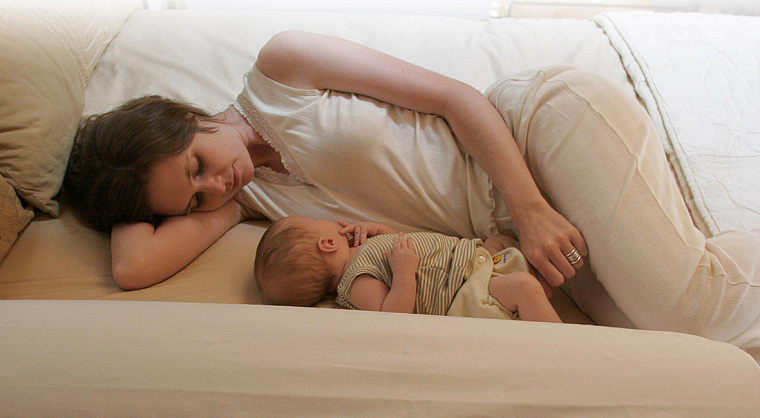
These techniques can make side sleeping more comfortable:
- Place a pillow under your baby bump or between your legs.
- Use a rolled up blanket at the small of your back to relieve pressure.
- Try a foam or egg crate mattress pad to ease sore hips.
- Use extra pillows or a body pillow to support your body.
If you revert to sleeping on your back, don’t panic. It’s common for pregnant women to spend at least some time sleeping this way. If you are prone to this position, try placing a wedge pillow behind you when you go to sleep on your side. That way, should you roll back, you’ll at least be at a tilt, thereby lessening the effect of sleeping on your back.
Eat and Drink Strategically
During gestation, hormonal changes combined with an expanding uterus cause the entire digestive system to slow down. This can cause constipation, indigestion, and heartburn, which might become worse at night. At the same time, increased kidney productivity and pressure on the bladder from the growing baby make urination more frequent. Managing the body’s digestive input and output is crucial for a good night’s sleep.
At the same time, increased kidney productivity and pressure on the bladder from the growing baby make urination more frequent. Managing the body’s digestive input and output is crucial for a good night’s sleep.
Try these dietary changes to potentially avoid sleep disruptions:
- Avoid carbonated drinks, citrus, peppermint, tomatoes, and spicy or fatty foods. These can trigger acid reflux.
- Refrain from eating within three to four hours of bedtime.
- Eat small meals throughout the day, instead of three large meals.
- Don’t drink liquid during meals or within two hours of bed.
- Cut out caffeine. This is a stimulant that keeps you awake, and can be harmful for developing babies.
Improve Your Sleep Hygiene
Sleep hygiene is a collection of habits and behaviors that promote reliable, quality sleep. Sleep hygiene is important for everyone, and can make a big difference during pregnancy.
Improve your sleeping habits with these strategies:
- Go to bed and get up at the same time each day.
- Use your bed only for sleeping and sex.
- Don’t exercise within three hours of bedtime.
- Keep electronics out of the bedroom, and avoid screens before bed.
- If you can’t sleep within 30 minutes, get up and do a non-stimulating activity like reading.
Ensure Healthy Breathing
Weight gain, along with hormonal and physiological changes, predispose pregnant women to sleep disordered breathing (SDB). The most common manifestations of SDB during pregnancy include snoring and obstructive sleep apnea, a condition in which the airway becomes repeatedly blocked during sleep.
Getting a handle on SDB is crucial because this condition has been associated with adverse maternal and fetal outcomes, raising the risk of preeclampsia, hypertension, and gestational diabetes. Unchecked SDB can negatively affect overall quality of life, leading to excessive daytime sleepiness, morning headaches, and cognitive impairment. Fortunately, evidence suggests that treating even mild SDB improves the health of mother and baby.
Unchecked SDB can negatively affect overall quality of life, leading to excessive daytime sleepiness, morning headaches, and cognitive impairment. Fortunately, evidence suggests that treating even mild SDB improves the health of mother and baby.
To breathe well at night, it may help to:
- Mitigate pregnancy weight gain, with the guidance of your obstetrician. Excess weight is one of the main causes of SDB.
- Consider using a humidifier. Nasal congestion, which can increase during pregnancy, worsens SDB. Keeping the room humid may help nasal passageways stay open.
- Consider raising the head of your bed by using bricks or risers. Because sleeping horizontally exacerbates sleep apnea, even a mild incline can ease SDB.
- Under the guidance of your doctor, consider using a CPAP machine. This device used during sleep is considered to be the gold standard for sleep apnea. It works by pumping air into the lungs and helping keep your airway open, ensuring a healthy supply of oxygen.

If you think you may have sleep disordered breathing, consult your doctor. Proper medical guidance is key for controlling this condition.
Soothe Your Legs
Pregnant women are more likely to experience leg cramping at night, caused by changes in the body’s ability to process calcium. Restless legs syndrome, a condition characterized by strong urges to move your legs, may occur more frequently in pregnancy
Try these techniques to prevent your legs from keeping you awake at night:
- Perform gentle leg stretches before bed.
- Get plenty of daytime exercise.
- Eat a calcium-rich diet.
- For sudden cramps, flex your feet or press them against the foot of the bed.
Ease New Parent Worries
While pregnancy is often an exciting, special time, it can also be filled with stress. Pregnant moms may lie awake ruminating about childbirth, the baby’s health, finances, or a number of other things.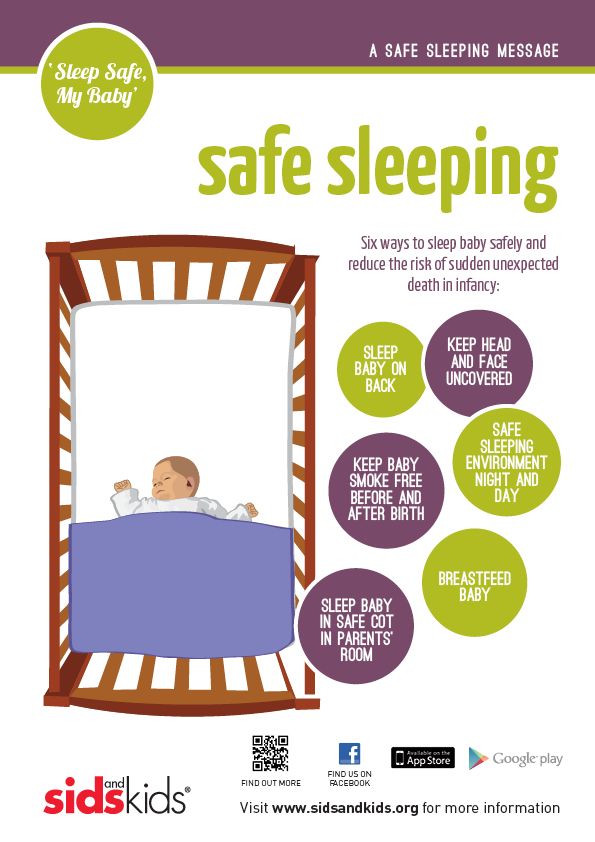 They may also experience nightmares and vivid dreams, which are common in pregnancy.
They may also experience nightmares and vivid dreams, which are common in pregnancy.
To cope with nighttime worry, try incorporating calming practices into your schedule, like yoga, journaling, and breathing exercises. Consider taking a soothing bath or practicing meditation to wind down in the evenings. You might sign up for a new-parent class to help prepare for the changes ahead. It may also be beneficial to reach out for professional support from a licensed counselor or support group. Many women are experiencing the same feelings, and seeking outside help can make a meaningful difference.
Avoid Sleep Aids
While it’s tempting to reach for a pharmaceutical or herbal supplement to combat sleeplessness, these products are usually not recommended for pregnant women. Sleep aids come with side effects, and they have limited research in pregnant populations. Even an over-the-counter antihistamine like diphenhydramine should not be used without consulting a doctor. Their effectiveness is unreliable, and there’s not enough evidence to be sure that sleep aids don’t adversely affect birth outcomes.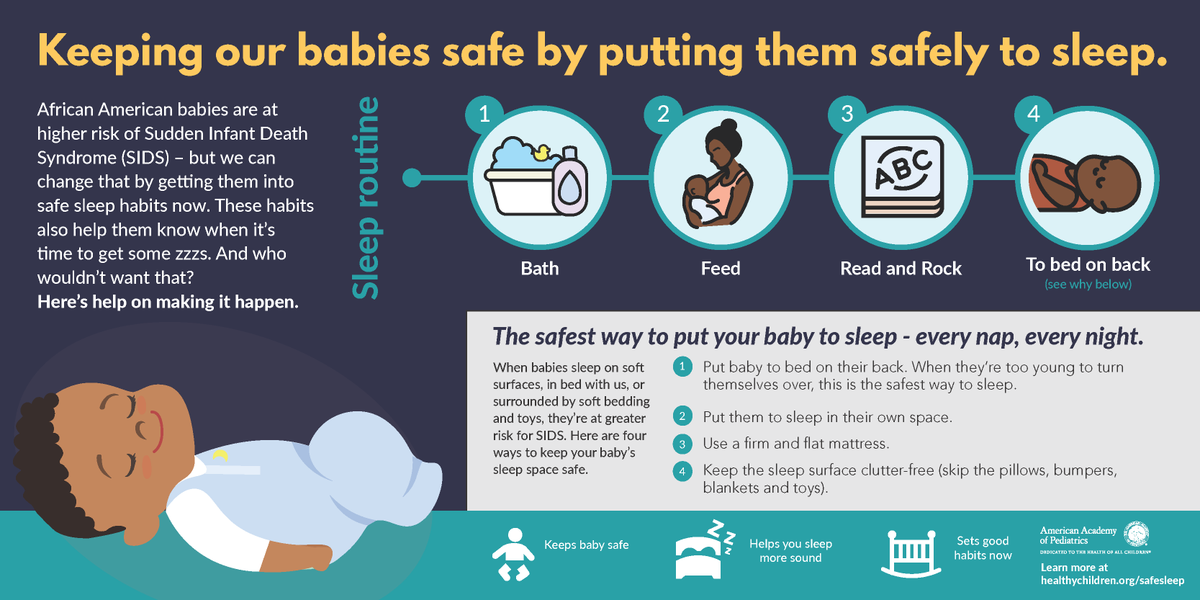
When in Doubt, See the Doctor
Don’t hesitate to seek professional advice for any change in sleep habits, no matter how small. While sleeping troubles can often be managed at home, sometimes a medical expert is needed to guide care or assess for something serious. Staying healthy is especially important during pregnancy, and good health starts with a good night’s sleep.
- Was this article helpful?
- YesNo
References
+16 Sources
-
1.
Mindell, J. A., Cook, R. A., & Nikolovski, J. (2015). Sleep patterns and sleep disturbances across pregnancy. Sleep Medicine, 16(4), 483–488. https://pubmed.ncbi.nlm.nih.gov/25666847/
-
2.
Chang, J. J., Pien, G. W., Duntley, S. P., & Macones, G. A. (2010). Sleep deprivation during pregnancy and maternal and fetal outcomes: Is there a relationship?. Sleep Medicine Reviews, 14(2), 107–114. https://pubmed.ncbi.nlm.nih.
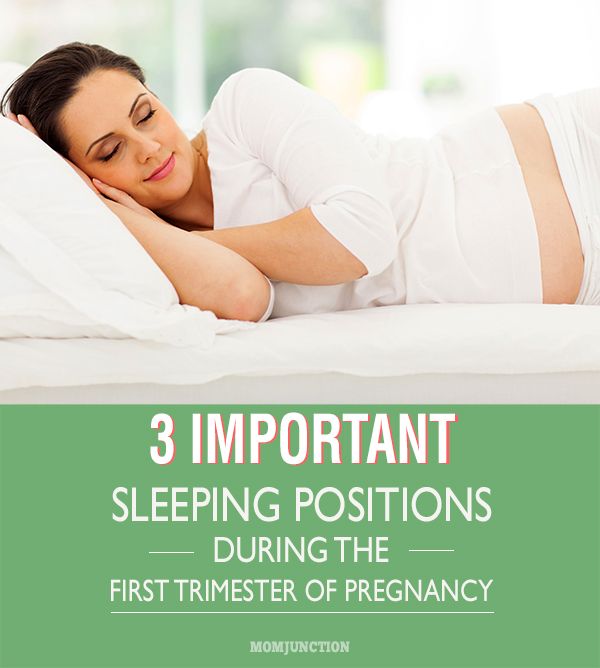 gov/19625199/
gov/19625199/ -
3.
Gay, C. L., Richoux, S. E., Beebe, K. R., & Lee, K. A. (2017). Sleep disruption and duration in late pregnancy is associated with excess gestational weight gain among overweight and obese women. Birth, 44(2), 173–180. https://pubmed.ncbi.nlm.nih.gov/28198036/
-
4.
Harskamp-van Ginkel, M. W., Ierodiakonou, D., Margetaki, K., Vafeiadi, M., Karachaliou, M., Kogevinas, M., Vrijkotte, T., & Chatzi, L. (2020). Gestational sleep deprivation is associated with higher offspring body mass index and blood pressure. Sleep, 43(12), zsaa110. https://pubmed.ncbi.nlm.nih.gov/32496519/
-
5.
Warland, J., Dorrian, J., Kember, A. J., Phillips, C., Borazjani, A., Morrison, J. L., & O'Brien, L. M. (2018). Modifying maternal sleep position in late pregnancy through positional therapy: A feasibility study. Journal of Clinical Sleep Medicine, 14(8), 1387–1397. https://pubmed.ncbi.nlm.nih.gov/30092890/
-
6.

A.D.A.M. Medical Encyclopedia. (2020, June 2). Problems sleeping during pregnancy. MedlinePlus. Retrieved April 1, 2021, from https://medlineplus.gov/ency/patientinstructions/000559.htm
-
7.
O'Brien, L. M., & Warland, J. (2014). Typical sleep positions in pregnant women. Early Human Development, 90(6), 315–317. https://pubmed.ncbi.nlm.nih.gov/24661447/
-
8.
A.D.A.M. Medical Encyclopedia. (2019, January 19). Heartburn. MedlinePlus. Retrieved April 1, 2021, from https://medlineplus.gov/ency/article/003114.htm
-
9.
Rhee, J., Kim, R., Kim, Y., Tam, M., Lai, Y., Keum, N., & Oldenburg, C. E. (2015). Maternal caffeine consumption during pregnancy and risk of low birth weight: A dose-response meta-analysis of observational studies. PloS One, 10(7), e0132334. https://pubmed.ncbi.nlm.nih.gov/26193706/
-
10.
Izci Balserak B. (2015). Sleep disordered breathing in pregnancy. Breathe, 11(4), 268–277.
 https://pubmed.ncbi.nlm.nih.gov/27064321/
https://pubmed.ncbi.nlm.nih.gov/27064321/ -
11.
Artal-Mittelmark, R. (2019, July). Physiology of pregnancy. Merck Manual Professional Version. Retrieved April 1, 2021, from https://www.merckmanuals.com/professional/gynecology-and-obstetrics/approach-to-the-pregnant-woman-and-prenatal-care/physiology-of-pregnancy
-
12.
Souza, F., Genta, P. R., de Souza Filho, A. J., Wellman, A., & Lorenzi-Filho, G. (2017). The influence of head-of-bed elevation in patients with obstructive sleep apnea. Sleep & breathing = Schlaf & Atmung, 21(4), 815–820. https://pubmed.ncbi.nlm.nih.gov/28647854/
-
13.
A.D.A.M. Medical Encyclopedia. (2020, January 29). Obstructive sleep apnea - adults. MedlinePlus. Retrieved April 1, 2021, from https://medlineplus.gov/ency/article/000811.htm
-
14.
Office on Women’s Health. (2019, January 30). Body changes and discomforts. Womenshealth.gov. https://www.womenshealth.gov/pregnancy/youre-pregnant-now-what/body-changes-and-discomforts
-
15.
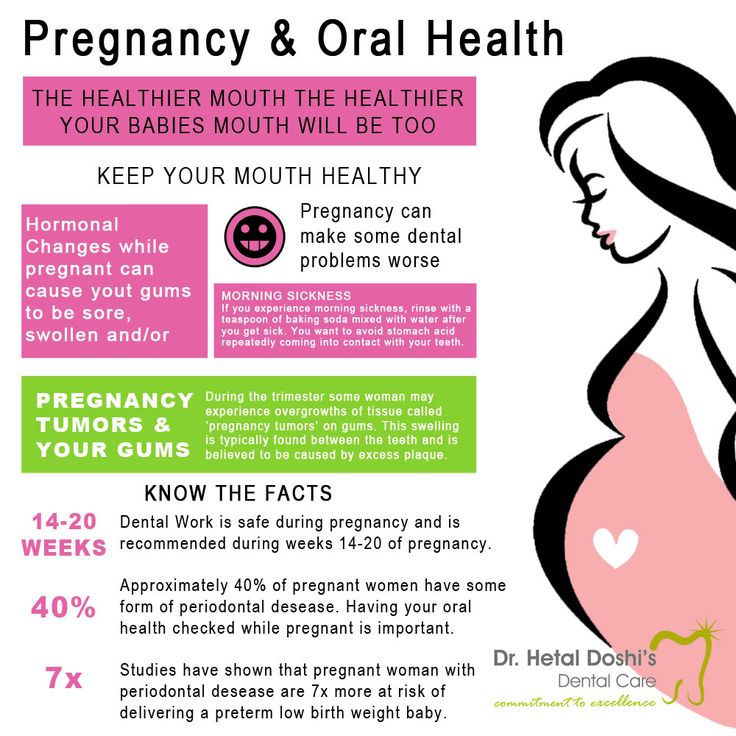
A.D.A.M. Medical Encyclopedia. (2019, June 23). Restless legs syndrome. MedlinePlus. Retrieved April 1, 2021, from https://medlineplus.gov/ency/article/000807.htm
-
16.
Okun, M. L., Ebert, R., & Saini, B. (2015). A review of sleep-promoting medications used in pregnancy. American Journal of Obstetrics and Gynecology, 212(4), 428–441. https://pubmed.ncbi.nlm.nih.gov/25448509/
See More
How to sleep during pregnancy
It is difficult to overestimate the role of sleep in the life of every person. A complete healthy rest allows you to fully restore the functioning of the nervous system, relieve stress, improve performance and increase activity. Chronic sleep deprivation is the cause of many diseases. What can we say about a woman who is at the stage of bearing a baby. During this period, more than ever, she needs a healthy, long and full sleep. However, unfortunately, it is during this period that one can only dream of a restful sleep.
As soon as a woman finds out about her new position, she has to give up a lot for the sake of the health of her unborn baby. And you need to give up not only bad habits: alcohol, cigarettes, coffee, but also from a comfortable sleep.
The cause of insomnia can be :
- Anxiety;
- Frequent urination;
- Fears and phobias before a new stage of one's life;
- Nervousness and irritability;
- Digestive disorder;
- Toxicosis;
- Physical indisposition;
- Uncomfortable posture.
During the period of bearing a child, the female body experiences an extraordinary load, especially in the last trimester. The need for more sleep increases, because the body expends much more energy. Therefore, healthy sleep and pregnancy are inextricably linked.
As soon as a woman finds out about her new position, she has to give up a lot for the sake of the health of her unborn baby. And you need to give up not only bad habits: alcohol, cigarettes, coffee, but also from a comfortable sleep.
Let's try to figure out how to sleep during pregnancy, so as not only not to harm the health of your unborn baby, but to sleep well.
Looking for a comfortable sleeping position
Each person has his own favorite position, in which it is easy to fall asleep and sleep. Many do not imagine a comfortable rest on their backs, accustomed to sleeping on their stomachs. This habit will have to be sacrificed, as it is unsafe for the normal development of the fetus. If in the first three months of pregnancy a woman can still sleep in the position in which she is used to and feels comfortable, then after the first trimester the growing belly will not allow her to lie safely in this position. Despite the natural protection of the baby in the form of amniotic fluid, there is a high probability of injuring the baby in a dream, squeezing it. But what is the right way to sleep during pregnancy?
Back position
Even if you are used to sleeping in a Spartan position, on your back, with your arms spread wide, from the 28th week you will have to radically change your lifestyle. The fact is that as the fetus grows, the load on the intestines and vena cava will increase significantly, blocking the access of oxygen to the baby.
The fact is that as the fetus grows, the load on the intestines and vena cava will increase significantly, blocking the access of oxygen to the baby.
As soon as a woman finds out about her new position, she has to give up a lot for the sake of the health of her unborn baby. And you need to give up not only bad habits: alcohol, cigarettes, coffee, but also from a comfortable sleep.
If you sleep on your back during pregnancy, you may experience the following problems:
- Dizziness;
- Nausea;
- Convulsions;
- Numb limbs;
- Pressure reduction;
- Hemorrhoids;
- Heaviness of breathing.
If you feel these symptoms or the baby gives persistent signals, you need to urgently change your position, so squeezing the vena cava is fraught not only with poor health for the mother, but also with a lack of oxygen supply to the fetus.
Stomach position
One of the most beloved positions for many people, which allows you to quickly fall asleep while hugging a pillow. Many women, as soon as they find out about the change in their lives, are interested in the question, is it possible to sleep on your stomach during pregnancy? Doctors recommend abandoning this position already in the first weeks, even before the enlarged belly makes it impossible to fall asleep peacefully.
Many women, as soon as they find out about the change in their lives, are interested in the question, is it possible to sleep on your stomach during pregnancy? Doctors recommend abandoning this position already in the first weeks, even before the enlarged belly makes it impossible to fall asleep peacefully.
If you are afraid during sleep, without controlling your movements, to arbitrarily roll over on your stomach, you can put a large pillow that does not allow you to change position.
Side position
In order to normalize your sleep and not harm the health of the baby, experts recommend sleeping on your side during pregnancy. And if at first this option seems unacceptable to many, after the second trimester, lying on your side is the only possible one. But here the question arises, on which side to sleep in order to ensure the safety of the fetus?
Sleeping on the right side can cause squeezing of the kidney, which can have dire consequences. The ideal posture is lying on the left side. Thus, you not only do not injure the unborn baby, but also improve blood flow along with oxygen to the placenta.
Thus, you not only do not injure the unborn baby, but also improve blood flow along with oxygen to the placenta.
But one should not ignore the individual characteristics of each organism and the position of the fetus in the uterus. When the baby is in a transverse position, choose the side where the baby's head is. And with a breech presentation, doctors recommend changing the position several times a night.
If you still cannot improve your sleep, you feel unwell and you are tormented by insomnia, then it is better to consult a specialist. A good gynecologist will analyze the situation and help solve the problem. If necessary, he will prescribe a safe sedative that stabilizes the emotional state and helps to fall asleep calmly, resting and restoring the nervous system in a dream.
Help pillow
Fortunately, now modern manufacturers help women survive the pregnancy period with great comfort by offering special pillows. They are made taking into account the physiological characteristics of a woman in this period and allow you to find a comfortable position for relaxation.
You can buy two pillows and put one under your stomach and the other under your knees, looking for your best option. And you can buy a long banana-shaped pillow, which allows you to throw your leg on it while sleeping, which improves well-being and relieves the main load from the lower back and abdomen. Already in the last weeks of pregnancy, when the growing belly does not allow you to breathe normally, the pillow will allow you to take a comfortable half-sitting position.
Remember that pregnancy is your opportunity to gain strength and fully relax before the most crucial period in your life. Childbirth and the first weeks of caring for your baby will require a lot of energy from you, so good luck and sound sleep!
Insomnia during pregnancy and how to deal with it
At first you don’t sleep because you are anxious and sick, then it becomes stuffy at night and you want water, then your stomach starts to interfere with sleeping in your favorite position, the baby arranges night dances, and, finally, heartburn, which does not allow you to fall asleep in the last weeks before childbirth .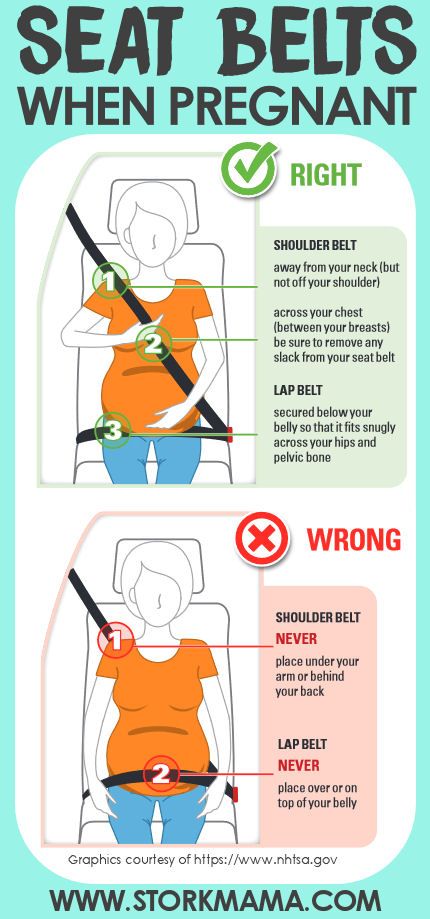 But still, insomnia during pregnancy can be dealt with.
But still, insomnia during pregnancy can be dealt with.
Drink enough water during the day
Night thirst during pregnancy is often associated with a lack of water during the day. At the same time, drinking a lot before bedtime and at night is not recommended. So you run the risk of getting swelling of the legs, and besides, you get up at least once at night to go to the toilet, which can also interrupt sleep. Doctors recommend drinking water during the day, several sips every 30-40 minutes. So the load on the kidneys will be uniform, and at night you will not suffer from thirst.
Avoid spicy foods and carbonated drinks
Of course, you should not categorically refuse your favorite dishes, especially since during pregnancy, new taste preferences can determine the menu. But you need to remember that if you ate spicy or drank a carbonated drink during the day, then there may be problems with sleep at night. And after the twentieth week, your menu will be reflected in the activity of the child, and “non-childish” food will immediately make itself felt with night dances in the stomach.
And after the twentieth week, your menu will be reflected in the activity of the child, and “non-childish” food will immediately make itself felt with night dances in the stomach.
Comfortable bed
You should be able to completely relax before going to bed. Perhaps you need to move to another room, to another bed, buy a pillow for pregnant women, hang dark curtains, remove the clock that makes obsessive ticking.
Try to eat in the evening about three hours before bedtime
Insomnia in a pregnant woman may appear as a result of heartburn after dinner. This often happens already starting from the second trimester: the uterus rises higher and changes the position of the stomach and intestines. If you suffer from heartburn before going to bed, then lie down with your head up and on your left side: this way, acid from the stomach will not enter the esophagus. You will also have to give up a heavy dinner in favor of a light snack, and a few weeks before giving birth, do not eat anything three hours before bedtime.






